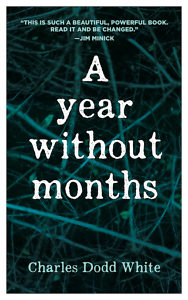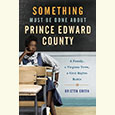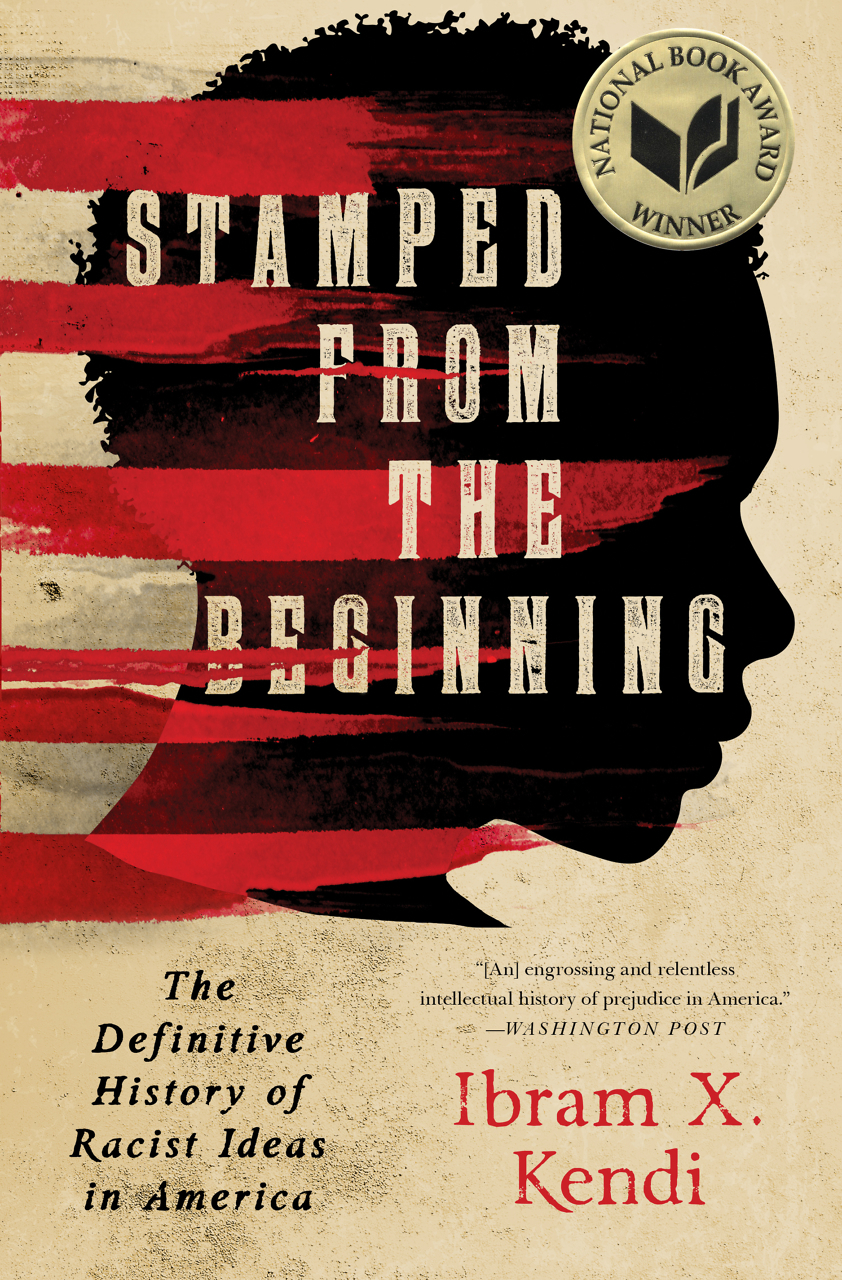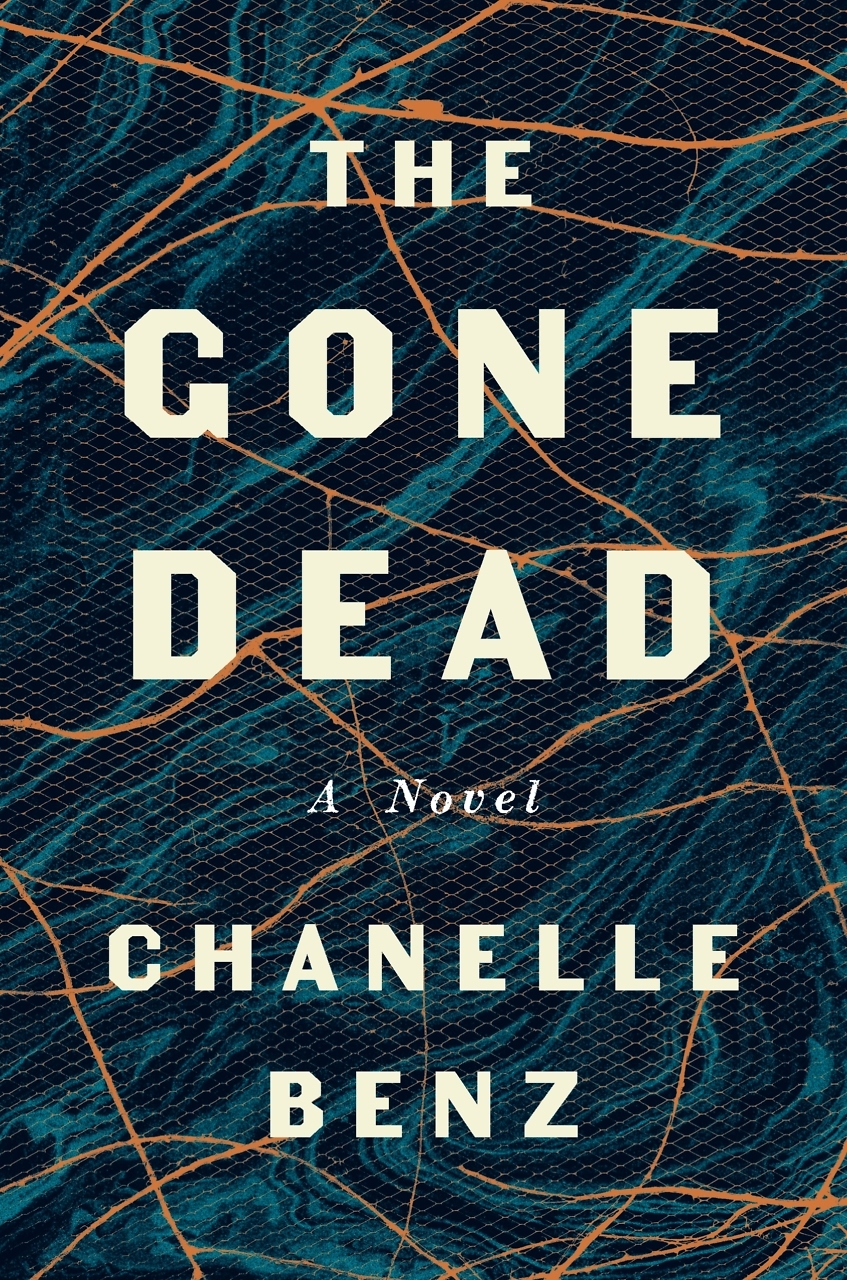The Hard Beauty
Unsparing honesty about grief fuels Charles Dodd White’s A Year Without Months
At the center of A Year Without Months — the compelling new memoir-in-essays by Knoxville writer Charles Dodd White — lies a brutal biographical fact: the suicides of White’s father, uncle, and son. In a haunting preface, he sets these deaths in the context of his tangled family history and establishes that this book’s trajectory is ultimately one of survival.

The means of this survival arise from White’s unflinching self-reflection and his deeply felt, lifelong relationship to the natural world, as well as the challenges and mercies found through his life as a writer. From these elements, White fashions a work of harrowing candor, insightful compassion, and hard-won beauty.
A Year Without Months unfolds in a series of essays written over a decade, some composed before his son’s death, others afterward. The looming knowledge of this loss creates a heartrending tug inside the reader during passages clearly written while his son was still alive. By letting the perspective of these pieces stand as they are, White opens up a profoundly vulnerable narrative space, capturing something of the obliterated futures and unanswerable questions that a sudden, unexpected death creates.
In numerous essays, White conveys the dangerous atmosphere that arises from volatile family binds and the impact of troubled familial narratives. “The attraction of repeating old sins should never be discounted,” he argues, warning that such narratives pose a particular risk to us as we form our own self-concepts.
Early on, White recognized that he was more cautious than the other men in his family, finding “great importance in the well-balanced moment.” By contrast, his grandfather and uncle seemed bound in constant cycles of argumentative, tumultuous conflict, especially with each other. “The real violence between them was in its essential meaninglessness. They battered each other because it was a way to injure themselves, and that was ultimately the only way they knew to wait out death.”
Drawn for a time toward deeper understanding of his father’s suicide, White focuses on the reality of the gun involved in this dark, final act. “The idea of the gun had bent me to it, hobbled me to a single moment.” White doesn’t flinch from this challenging material, respecting the agency of those he’s lost. “A person’s death is poignantly their own. It isn’t an object lesson.”
 However, White does lean into the difficult subject of guns and Southern masculinity, challenging those who “have listened to their baser instincts, lashed out, and doubled down.” This challenge finds its sharpest expression in “Why I Don’t Hunt Anymore,” a powerful essay which addresses the rise of a certain kind of Southern outdoorsmen.
However, White does lean into the difficult subject of guns and Southern masculinity, challenging those who “have listened to their baser instincts, lashed out, and doubled down.” This challenge finds its sharpest expression in “Why I Don’t Hunt Anymore,” a powerful essay which addresses the rise of a certain kind of Southern outdoorsmen.
Instead of hunting responsibly, forging a deeper understanding of nature (including the toll of taking a life, no matter the species), these men perform “a burlesque of masculinity.” Through their almost fetishistic obsession toward violent gunfire, “the pastoral somehow got swapped out with the paramilitary.” In this “cultural theater,” hunting itself “becomes mere background to the desire to offend.”
Respect for the natural world is one of White’s hallmarks, as displayed in his novels, most recently How Fire Runs and In the House of Wilderness. He’s among the many Tennessee writers who have sought original, thoughtful approaches to writing about nature. Now, as a memoirist, White communicates a porous intimacy with nature, emphasizing his surroundings’ impact on his own perspective.
As a result, White shows particular skill at communicating distinctions between ecosystems and the ineffable power they wield on the humans moving through them. For example, White contrasts the clay-banked, “brown and slow” Georgia rivers of his youth with the “different idiom” of swifter-moving, demanding Appalachian waterways. Then there’s the North Florida lake where his relatives lived, “a moss-dripping incoherence of water that excelled at collecting mosquitos, alligators, and other murky undesirables.”
White’s literary vision enmeshes the human world with the untamed elements of our origins. Here, wilderness always surrounds us, no matter how we try to control or numb the rough-hewn truths of our reality.
“What We Gain in the Hurt,” which first appeared in 2016’s memorable anthology Walk Till the Dogs Get Mean, details the conditions under which White wrote his first novel, Lambs of Men. Describing the necessity of writing stories that cut close to the bone, White argues that “we must find the salvation of what is real, never shying away from the severe and strange.”
In A Year Without Months, White insists upon deep reckoning — with his familial inheritance, his losses, and his own survival, as well as the shifting currents of Southern culture and landscape around him. White foregrounds accountability, acknowledging “the price we all pay to understand the hard beauty between who we are and what we say.”
White’s openness about such difficult personal terrain and his candor about toxic strains of Southern masculinity create a striking effect that may evoke a familiar white-Southern-male literary lineage but breaks through that familiarity, becoming urgently contemporary. White has written a book that offers no easy answers. Rather, it asks a slew of blazing questions that demand attentive, honest reflection.

Emily Choate is the fiction editor of Peauxdunque Review and holds an M.F.A. from Sarah Lawrence College. Her fiction and nonfiction have appeared in Mississippi Review, storySouth, Shenandoah, The Florida Review, Rappahannock Review, Atticus Review, Tupelo Quarterly, and elsewhere. She lives near Nashville, where she’s working on a novel.


